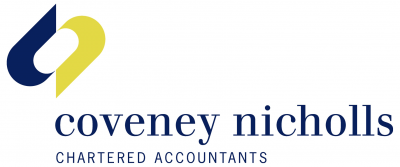Corporate tax planning
A large corporation tax bill can make retaining profit from your limited company difficult. Making the most out of the available tax reliefs and allowances, and accurately calculating your returns on time can help reduce your tax burden – but it can be complicated and time-consuming.
Our corporate tax planning services can help you become tax efficient. Our experts work with you to minimise your tax liabilities, while keeping your business compliant with local and international law.
How our corporate tax planning service works
Paying the right amount of tax within the deadline is essential, but it’s also important to do it as efficiently as possible. Our team of qualified tax advisers use their expertise to navigate constantly evolving legislation and identify where you can reduce your tax burden. With our experts on your side, you won’t have to pay any more tax than you need to.
Coveney Nicholls will work closely with you to implement the best tax planning strategy for you and your business. If your company has more complex taxation needs, we can partner with a specialist to ensure your tax plan is adapted to your business. We’ll also make sure your tax affairs are precise and filed on time, so you won’t be at risk of overpaying or incurring any fines.
Excellent client relationships are at the heart of what we do, so we tailor our services to each individual client. Our tax advisors get to know you and your company to determine the most efficient tax plan possible for your circumstances.
Tax planning services we provide
We provide a comprehensive range of corporate tax planning services designed to maximise your profits, including:
Corporation tax calculations
Corporation tax is complex, but our detail-orientated accountants will make sure your tax calculations are always accurate and up-to-date.
Advice on tax opportunities and reliefs
We’ll help you take full advantage of any available tax relief options, from claiming work from home allowance to claiming relief on your business expenses.
Business restructuring
Our accountants will work out the most tax-effective structure for your business, and show you how to implement it.
Returns submissions
With our experts taking on your tax return, you’ll never miss a deadline again – and you may even reap the rewards of paying early.
Acting on your behalf
We’ll be on hand to answer any questions HMRC may have on your behalf – saving you a lot of time and worry.
More than just tax planning
You can also gain more value from your business with our specialised corporate finance and audit services. By looking at your business from all angles, you’ll be able to improve your profitability even further.
Let’s build the right tax structure to minimise your liabilities
No one wants to pay more tax than they need to – and our corporate tax planning services will help you reduce that burden. With our focus on excellent client relationships and expert tax planning advice, we’ll develop a tax plan that works for you.
Contact us to find out how our fully-qualified tax advisors can make you tax efficient.
Related services
Corporate audit
Rigorous, trustworthy audits inspire confidence in investors, lenders and stakeholders. They also offer opportunities to make your business stronger.
Profitability forecasting
Rigorous forecasting is the best way to ensure your business can weather difficult times and to make the most of its potential for growth and expansion.
VAT
Decide on the right VAT treatment for your business, get prudent advice on VAT claims and have VAT returns processed on your behalf.
Let’s talk today
Our tax experts will be happy to have an exploratory conversation, free of charge, so that you can discover for yourself what make Coveney Nicholls the intelligent choice for businesses and individuals in need of tax advice.






